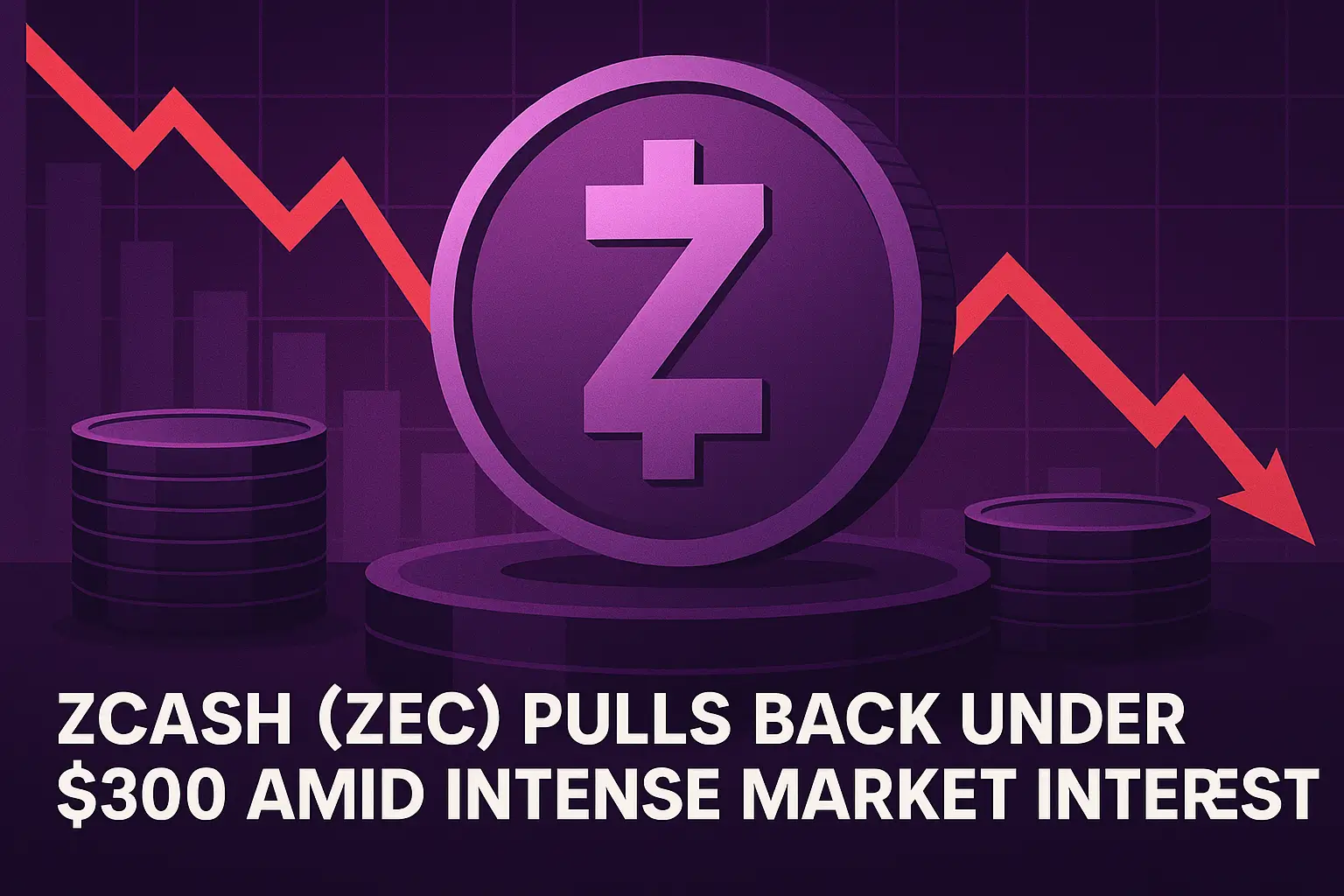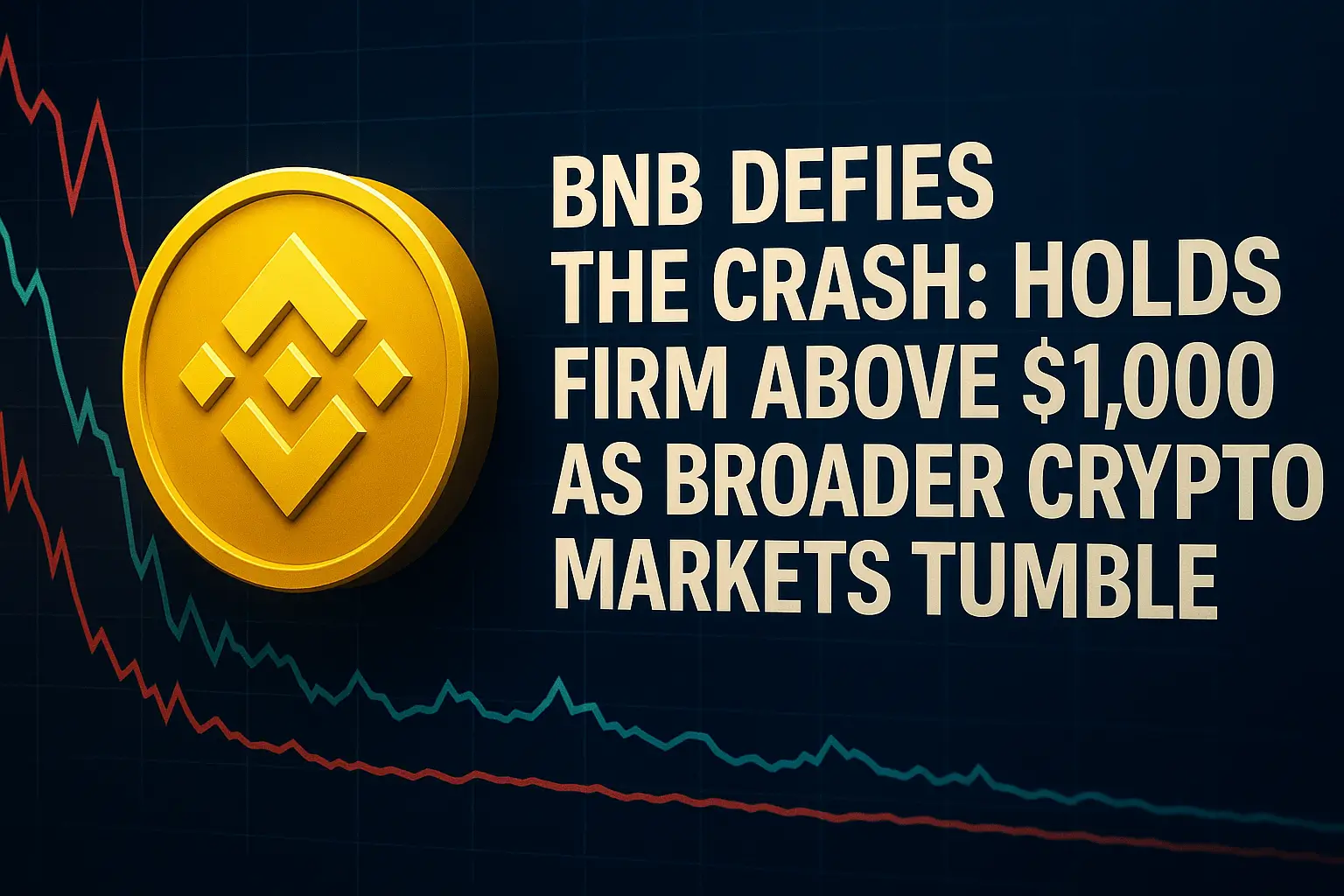British Columbia has moved to permanently block new crypto mining operations from connecting to its power grid, citing pressure on electricity resources and a shift in focus toward AI and job-generating industries.
Key Takeaways:
- British Columbia will formalize its 2022 moratorium into a permanent ban on new crypto mining connections to BC Hydro’s power grid.
- The decision comes as part of a new policy package that also restricts power allocations to large-scale AI data centers.
- Bitcoin and Ethereum prices drops, but more of an effect of the ongoing U.S-China trade jitters, and showing limited reaction to the announcement.
The government of British Columbia (B.C.) has announced plans to make its temporary moratorium on new cryptocurrency mining power connections permanent. The measure, first enacted in December 2022, aimed to manage the province’s finite hydroelectric resources while prioritizing industries offering greater local employment and economic benefits.
The updated legislation forms part of a broader strategy targeting high-consumption technology sectors, including artificial intelligence and large data centers. Officials emphasized that the move would help safeguard power reliability and ensure fair access to clean energy for communities and businesses
Crypto mining consumes an immense amount of electricity and creates few local jobs… our priority is to allocate hydro power toward projects that directly support British Columbians, provincial representatives noted in their official release.
Government Prioritizes Job Creation Over Energy-Intensive Industries
According to the Ministry of Energy, Mines and Low Carbon Innovation, the ban reflects a commitment to balancing sustainable energy use with economic development. While the province remains open to technological innovation, officials noted that crypto mining’s disproportionate energy demand compared to its employment output made it unsustainable in the long run.
This decision aligns with British Columbia’s clean energy goals and reinforces its ambition to keep the power grid available for high-value sectors like manufacturing, renewable energy production, and housing.
Earlier in 2024, some mining firms had lobbied for exemptions or sought judicial review, but the province’s move to codify the restrictions leaves little room for future exceptions.
Market Reactions: Crypto Prices Drops
As of this writing (9:15AM UTC), Bitcoin (BTC) is trading at approximately $107,821, dropping 2.99% over the past 24 hours, while Ethereum (ETH) also experienced a price drop around $3,888.67, down 4.45% in the day.
Market participants attribute the decline primarily to escalating US-China trade tensions, which have increased risk-off sentiment among investors, rather than the recent British Columbia mining announcement.
What’s Next: Relocation and Regulation Ahead
The policy highlights a new era for crypto mining operations in Canada, analysts and experts believe that affected companies will relocate to more lenient jurisdictions within North America, potentially Alberta or Quebec, where energy frameworks remain more flexible.
The market reacted, where crypto prices saw a noticeable drop, due to ongoing trade-war jitters rather than the mining ban. By this, it’s clearer to see that the ban underscores a growing global trend of governments that may tighten oversight on high-energy blockchain operations. Future talks and debates will likely focus on how to properly manage and balance DeFi innovation with sustainable energy management.
Summary
B.C. will permanently block new crypto-mining connections to BC Hydro, shifting scarce power toward AI and other job-rich sectors. Markets slipped on broader U.S.–China trade jitters; the ban underscores a tightening global stance on energy-intensive blockchain operations.
























